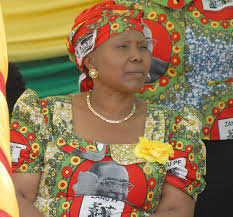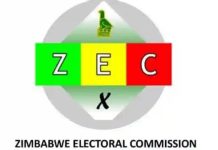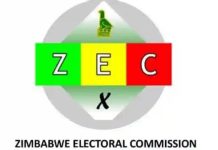LOCAL observers and journalists hoping to cover upcoming by-elections in Zimbabwe will now have to pay some foreign currency in order to be accredited, the Zimbabwe Electoral Commission (Zec) has said.
In a notice published recently, Zec said all local observers and journalists will have to part with the equivalent of US$10 to cover and monitor the by-elections.
Treasury last month issued Statutory Instrument 142 banning the use of foreign currency in all domestic transactions and effectively designated the bond note as sole medium of exchange.
The ban brought to a dramatic end, the use of multi-currencies that had been in existing since dollarisation in 2009.
However, there have been exceptions including in the tourism sector in which government has given waivers to players to continue charging in mainly the US dollar which had become the preferred currency.
According to Zec, all fees will now be paid at the running inter-bank rate at the time.
“Accreditation fees, local observers-US$10, observers from the continent of Africa-US$20, observers from foreign Embassies in Zimbabwe-US$50, observers from any country outside Africa-US$100.
“Zimbabwean media practitioners accredited with the Zimbabwe Media Commission and working in Zimbabwe for foreign media houses-US$50, Zimbabwean local media practitioners accredited with the ZMC-US$10,” reads the ZEC notice.
“It is notified that while the fees are prescribed in US dollars, applicants shall be requested to pay the accreditation fees in Z$ at the prevailing interbank rate.”
Masvingo Rural District Ward 1, Glen View South and Mangwe constituencies will go to the polls on 7 September.
Media Institute of Southern Africa (MISA) Zimbabwe director Tabani Moyo said that this was tantamount to hindering media operations and a sign that government is failing to come up with solutions to challenges brought by SI 142.
“This is a pure case of a government that is in a tailspin. You come up with laws that give credence to local currency use as the only acceptable form of currency, in the same way you charge local journalists in foreign currency, it shows that the government is a bit in a strategic yoke they cannot move back ward or forward,” Moyo said.
“We already have challenges with the current situation where there is dual taxation. First that Zec charges a fee (to cover national processes), secondly these journalists are already registered under ZMC, two statutory bodies that are double taxing on the practice of journalism.”
“This is tantamount to trying to create bottleneck that blockade the enjoyment of section 51 of the constitution.”
The local RTGS$ has lost significant value since Ncube floated it alongside other currencies from US$1: RTGS$2.50 to between US$1:10 and US$1:11 with the US$ which it had traded at 1:1 with at introduction in 2016.






